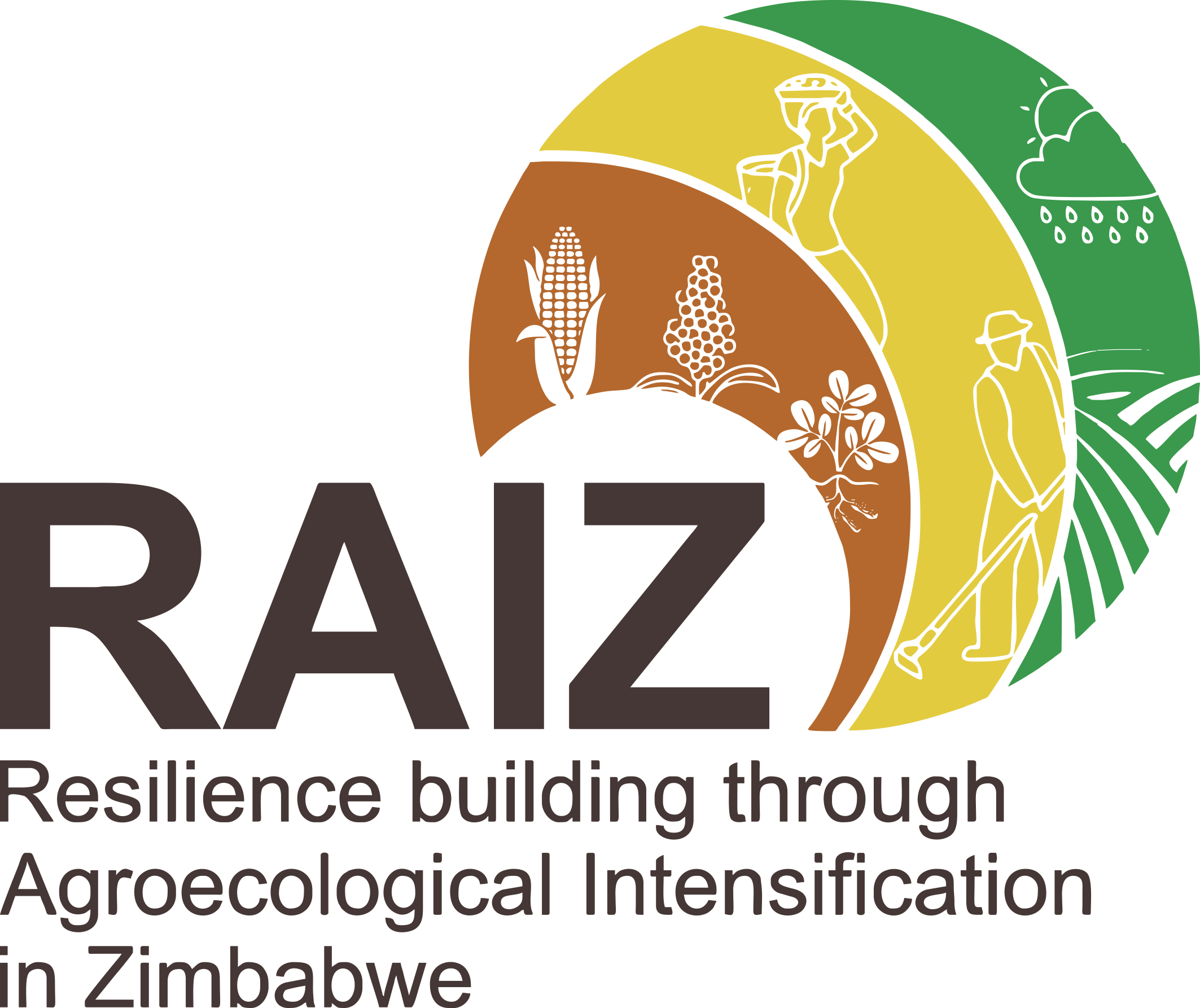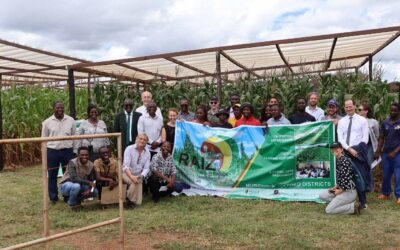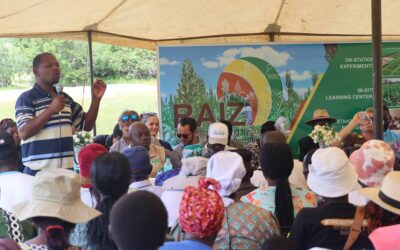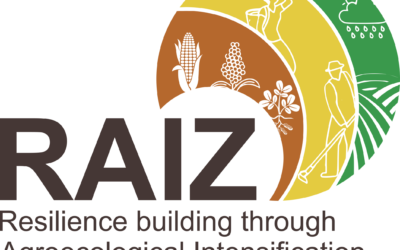To develop and implement scientifically tested agroecological approaches
To enhance agricultural production and resilience to climate change in Zimbabwe
News And Events
A significant step towards Catalysing Zimbabwe`s Resilient Agrifood Systems
The RAIZ consortium, comprised of CIRAD, University of Zimbabwe and CIMMYT, in partnerships with the Government of Zimbabwe through the Ministry of Lands, Agriculture, Fisheries, Water and Rural Development recently welcomed the RAIZ Project Steering Committee,...
Field Days Spotlight Agroecology’s Impact in Mutoko and Murehwa, Zimbabwe
By: Martha Katsi The European Union-funded RAIZ project, implemented by CIRAD,CIMMYT, University of Zimbabwe and Agricultural Advisory Services Directorate is giving smallholder farmers access to demos and field days to improve their understanding of good agronomic...
Invitation to Online Souleymane Diop PhD Defense
We are pleased to invite you to my PhD defense in Environmental Sciences at the University of Paris-Saclay AGRICULTURE, ALIMENTATION, BIOLOGIE, ENVIRONNEMENT, SANTÉ (ABIES) entitled: Impact of albedo change on the climate benefit of conservation agriculture in...
Project objectives
The overall project objective of the four year European Union funded project is to develop and implement scientifically tested agroecological approaches to enhance agricultural production and resilience to climate change in Zimbabwe, In addition, the project focuses on protecting the environment and reducing greenhouse gas (GHG) emissions. It will provide scientific evidence and experience for the design of Climate Smart Agriculture (CSA) at the plot, farm and landscape levels, contextualized for mixed crop–livestock farms under sub-humid to semi-arid environments. In these systems, yield gaps are large and poverty incidence is very high.
Zimbabwe’s agricultural sector contributes approximately 17% to the Gross Domestic Product and provides employment and income to 60-70% of the population. It is predominantly subsistence- oriented, with a focus on maize as the main staple crop and with limited external inputs use. The prevailing cropping and livestock systems have low resource use efficiency and commonly cause negative impacts on the environment.
The Intergovernmental Panel on Climate Change (IPCC) predicts that southern Africa will suffer under climate change. This makes climate change adaptation of the agricultural sector a national priority, demanding responsive policy formulation at the highest level.
- Gross Domestic Product 17%
- Employment and income 70%




